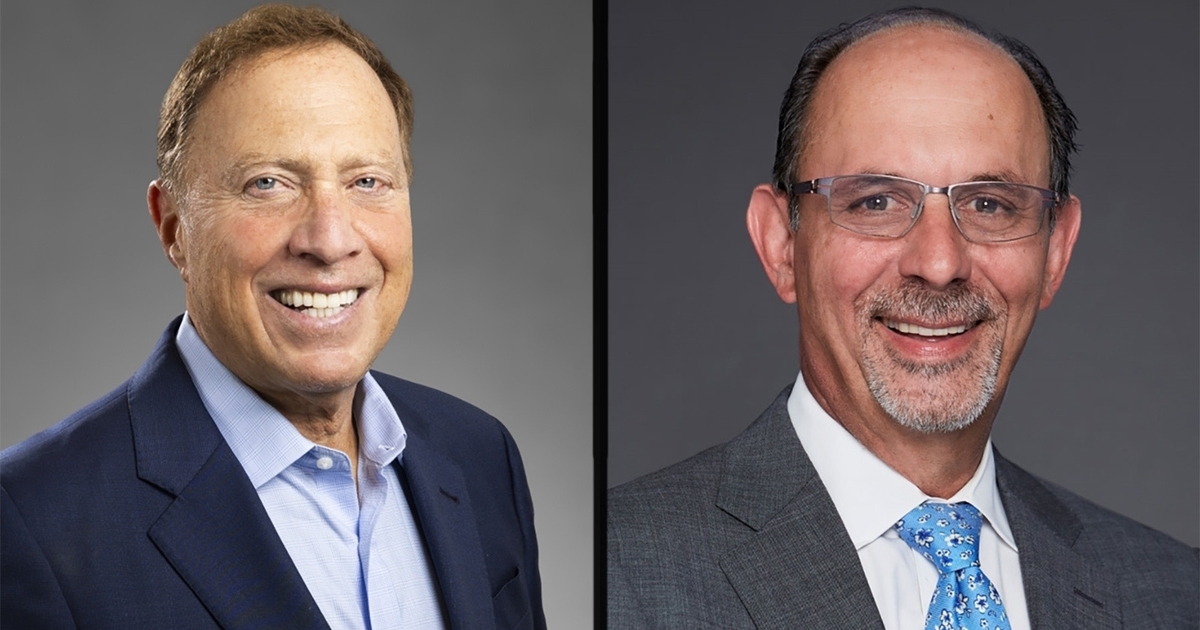How Do I Raise Money for Real Estate Deals?


One of the most common questions I get from new investors is:
“Rod, how do I raise money for real estate deals if I don’t have millions in the bank?”
Here’s the good news: You don’t need millions at all. You need a plan, credibility, and the right relationships.
I started with nothing, and I’ve now owned and managed over 2,000 properties. Raising capital isn’t about slick pitches. It’s about adding value, solving problems, and creating trust.
If you’re ready to scale your portfolio, here’s how to raise money the right way.
Before you think about private equity firms or crowdfunding, start with your existing relationships.
Tell them what you’re doing. Share your goals. Ask if they know anyone who might be interested in real estate investments. Don’t pitch right away. Just plant the seed.
Tip: Create a simple one pager or investor pitch deck that explains what you do, your past success (even small wins count), and the kind of opportunities you offer.
Syndication is one of the most powerful ways to raise money at scale.
It’s when a group of investors pool funds to purchase a larger real estate asset, like a 50 unit apartment complex, under a legal structure (typically an LLC).
There are two primary roles:
General Partner (GP): The active operator who finds the deal, manages the property, raises the capital, and executes the business plan.
Limited Partners (LPs): The passive investors who contribute capital in exchange for a share of the profits.
If you want to learn how to raise money legally and efficiently, this is the path.
Need help? Download my free “Complete Guide to Multifamily Syndications.”
It breaks down SEC regulations, private placement memorandums, how to build your team, and how to structure deals with confidence.
Raising capital is about trust. Most investors care about two things:
Be clear about:
Most syndication deals offer 7-10% preferred returns, with 70/30 splits after that. Don’t overpromise. Be conservative. And always under promise and over deliver.
You don’t need to have done 50 deals to raise capital.
What you need is:
A great team with experience (partner with a mentor or operator)
A clear, conservative business plan
Credibility and transparency
Proof you’ve done your homework (market analysis, cap rates, comps)
Partner with others as a co-GP if needed. That experience alone can open doors to your own investor base. Even closing a small 4 plex with partners shows you can execute. Use that win and build momentum.
Capital doesn’t lives in conversations.
Get in the room with:
High-net-worth individuals
Business owners
Medical and tech professionals
Other real estate investors
Tell them what you’re doing. Add value. Ask questions. Listen. Relationships are your capital.
Pro tip: Start speaking at local meetups or virtual webinars. It builds authority fast.
Start collecting names of people who want to hear about future deals. You can use:
Even if they’re not ready to invest now, consistent education builds trust. Set up a simple CRM with email automation. Educate, update, and add value weekly or monthly.
Don’t skip this!
Real estate is heavily regulated. If you’re raising money from passive investors, you’ll need to comply with SEC regulations like:
You’ll need a syndication attorney, private placement memorandum (PPM), operating agreement, and subscription documents.
This protects you, your investors, and your reputation.
You can raise money from investors’ retirement accounts using a self-directed IRA or Solo 401(k).
Many people don’t even know this is an option.
Educate your network about how they can use retirement funds to generate passive income in real estate.
Nothing builds credibility like proof.
Document your deals. Show before-and-after pictures. Share how you added value, increased rents, and exited profitably.
If you haven’t done a deal yet, highlight your team’s success or mentor’s experience. People invest in people. Show them why you’re worth betting on.
The fastest way to lose trust? Poor communication.
Update your investors quarterly at a minimum. Include:
Even if a deal hits a bump, transparency builds loyalty.
Raising money for real estate deals isn’t about being flashy. It’s about being real.
It’s about solving problems, building trust, and being the type of person investors want to grow with.
Don’t focus on “How do I get someone to write a check?”
Instead, ask: “How can I add value to someone’s portfolio and give them peace of mind?”
When you shift that mindset, the money follows.
Q: How much capital do I need to raise for my first deal?
A: It depends on the size of the property. For a $2M apartment deal, expect to raise $500k–$700k including down payment, CapEx, and closing costs.
Q: Can I raise money if I’ve never done a deal before?
A: Yes, but align with experienced partners. Leverage their track record while building yours.
Q: What kind of returns do passive investors expect?
A: Most expect 6-10% preferred returns and a split of profits on the backend (70/30 or 80/20).
Q: Do I need to be an accredited investor to raise money?
A: No, but your deal structure must comply with SEC exemptions (like Reg D 506b or 506c). Always work with a syndication attorney.
Q: Can I raise money from international investors?
A: Yes, but there are additional tax, legal, and compliance rules. Consult legal and tax professionals.
Q: What if someone backs out after committing funds?
A: Always over-raise by 10–20% or have a backup investor list ready. Protect yourself with clear timelines and subscription agreements.
Want More Help?
Download my Free Guide to Apartment Syndication
Use my Cap Rate Calculator to evaluate your next deal
Join my next Multifamily Bootcamp and learn how to raise millions in capital the right way.
Stay focused. Stay committed. And take massive action.
You’re closer than you think.
Disclaimer: This post was created with the help of AI and reviewed by Rod and his team.

This week’s financial headlines were dominated by a relatively strong showing by the wirehouses and big investment banks, including in...

The American Federation of Teachers has amended its lawsuit against MOHELA, alleging ongoing and systemic student loan servicing failures that...

A 1031 exchange can be one of the most useful tax-planning tools in real estate investing because it can let...